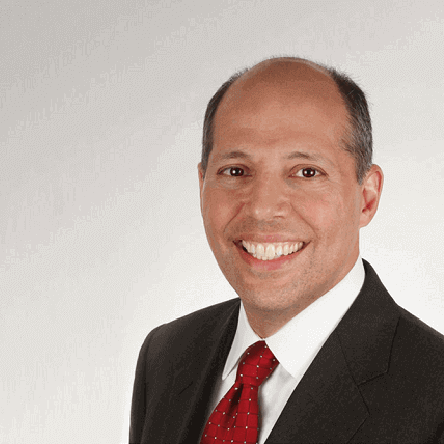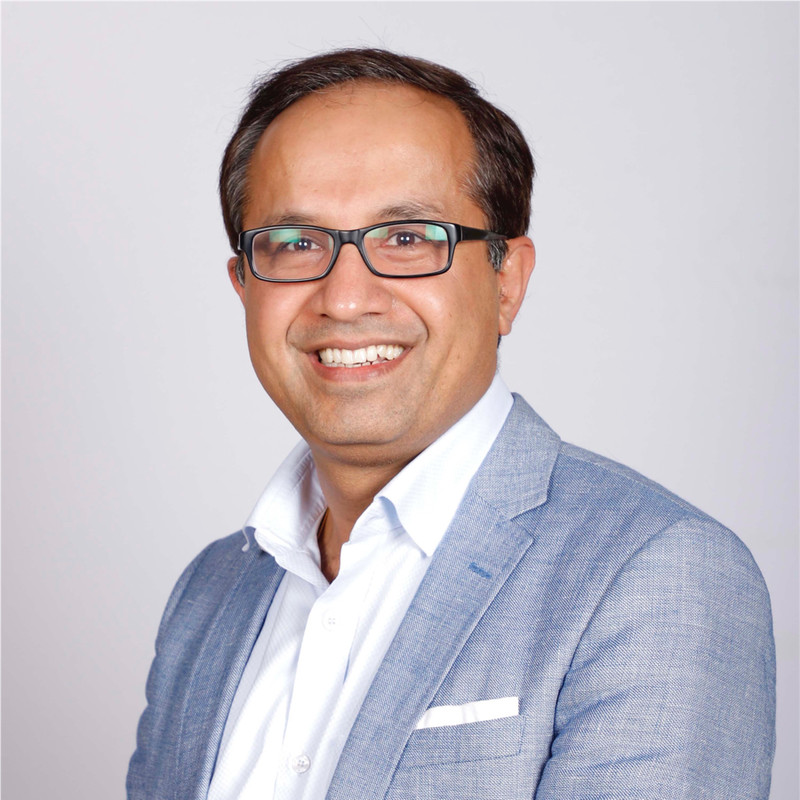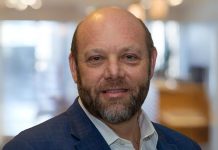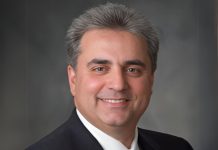The IT Services Report is pleased to announce The Top 25 Healthcare IT Executives of 2020. These exceptional individuals were selected after thorough evaluation of their career accomplishments and demonstrated leadership capabilities over a sustained period of time. We paid particular attention to CEOs who dedicated themselves to developing deep domain expertise in healthcare and running organizations or groups of high integrity. Candidates were also evaluated based on cultivating an innovative culture, company milestones achieved, and growing successful practices. Please join us in congratulating this year's awardees.
1. Kaveh Safavi, Accenture
Kaveh Safavi is a seasoned executive with more than three decades of leadership experience. He is Accenture’s senior managing director & head of global health practice and is charged with overseeing the firm’s strategic growth in this space. He ensures that Accenture’s healthcare solutions stay ahead of the curve for his payer, provider, and public healthcare customers.
Safavi’s background is unique. Before starting his career in healthcare, he received his J.D. from DePaul University College of Law and his M.D. from Loyola University. He is board-certified in internal medicine and pediatrics and completed his residency at the University of Michigan Medical Center. Prior to working with Accenture, Safavi served as Cisco's lead of global healthcare and as the Chief Medical Officer with Thomson Reuters Healthcare Business.
In a 2018 Harvard Business Review article that he wrote, Safavi shared his thoughts on how virtual healthcare could save the nation billions of dollars every year. “Without expanding the primary care workforce, virtual health technologies can augment human activity, expand clinical capacity, and improve efficiency by ushering in a new health care model where machines and patients join doctors in the care delivery team,” he said.
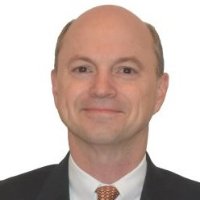
Bill Stith is a newer addition to Wipro's senior leadership team. He was recruited from IBM to breathe new life into the Bengaluru-based firm's healthcare and life sciences department. The company has struggled in recent years to attract new clients, and it was up to Stith to change that fact.
Stith joined IBM after graduating with an electrical and computer engineering degree from the University of South Carolina in 1986. His career took him in a different direction during the dot.com crisis, but he returned to Big Blue after a stint at companies like Dell, LeftHand Networks, and NTT Data. While he’s moved on to Wipro, his experience with IBM left an impression with him.
In an interview with Dallas Business Journal, he shared his thoughts about a former IBM Chairman and CEO. "One of my role models is Lou Gerstner, who took our company from a very public near-death experience and got us focused on the client… [He] turned our company around and set us on the path that we're on today, which is being a very client-centric organization."
3. Nitin Kumar, Tata Consultancy
When Nitin Kumar started working with Tata Consultancy 22 years ago, he probably never imagined that he would be heading up its Healthcare Business Unit. In this current role, Kumar helps his customers maintain their market leader status with the provision of cutting-edge digital services and solutions. Beforehand, he graduated from Delhi College of Engineering with an electrical engineering degree and an executive leadership program from Stephen M. Ross School of Business.
Kumar is passionate about being a health-tech leader at this pivotal moment in time, as he writes about in a 2020 MedCity News article: “[O]rganizations across all industries must not only continue to integrate innovative technology…. Thye must reimagine their businesses entirely and rebuild their foundational infrastructure to adopt agility and the ability to pivot on a dime, for when the next big technological advancement undoubtedly rises to the surface."
Healthcare will reap many of these benefits over the next several years, he says, and points to ongoing work in IoMT, AI capabilities, and personalized medicine as examples.
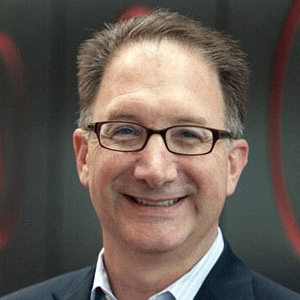
Deloitte’s Healthcare Provider Leader is Marc Perlman, and he is a well-established leader with deep roots within the health technology space. If there is an aspect to healthcare that Perlman's career doesn't have a nodding familiarity with, it would be difficult to find. He has experience working with healthcare providers, health plans, global payers, HIT companies, health and device makers, consumers, and the federal government – all to make operations more efficient, improve patient safety, and enhance clinical quality.
Perlman believes that technology for the sake of technology isn’t going to work in healthcare. The key is to find ways to get better value out of the technology available. "When you think about it, it's not about the technology; it's how we apply to actually make a difference in the lives of patients and other people around the world," Perlman said in a HIMSS17 conference interview. It might not be easy to see through the flash bang that a new startup might pitch to healthcare customers, but seasoned execs like Perlman can steer his customers clear to solutions that work.
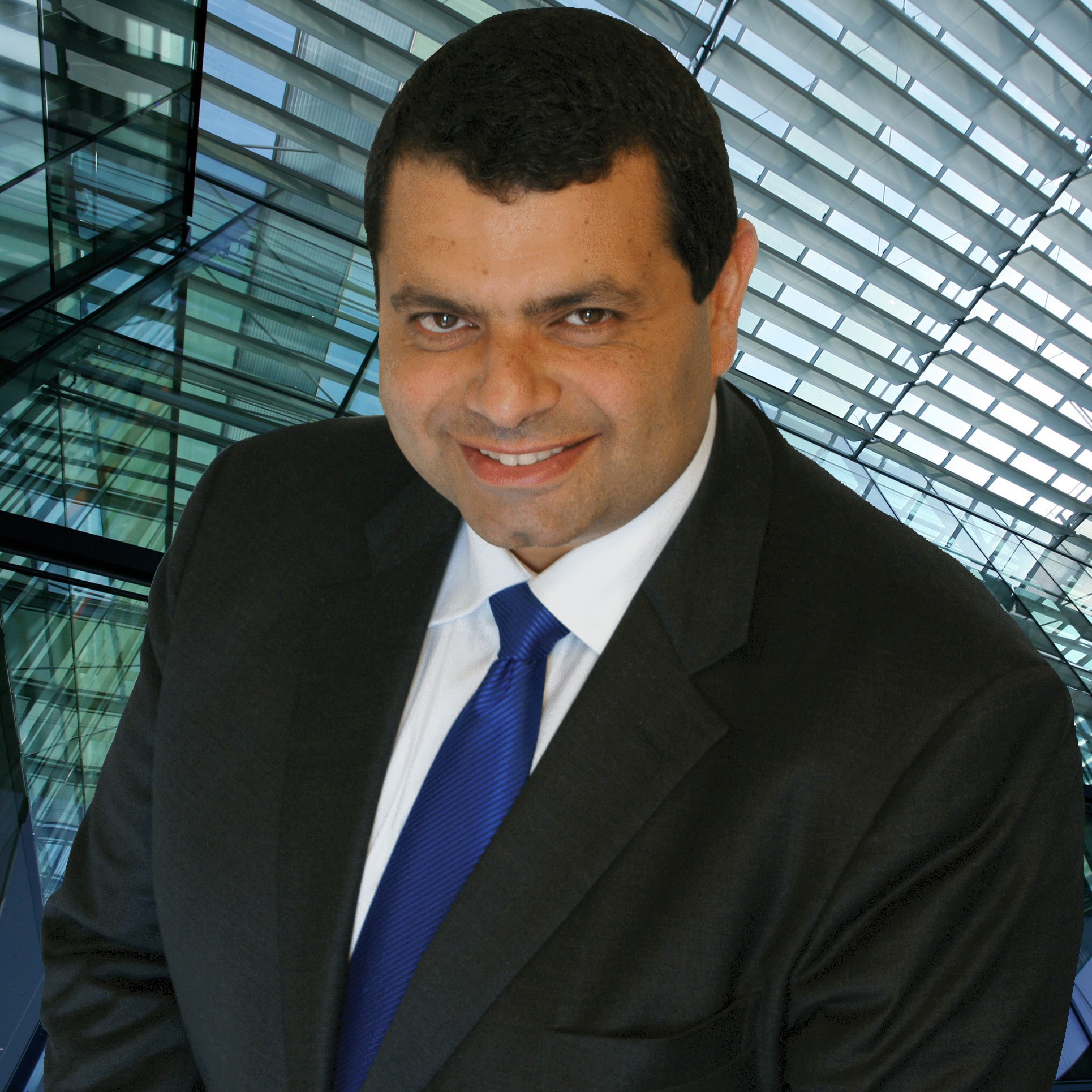
Ashraf Shehata is no stranger to healthcare tech, and KPMG US is tapping him as an advisory executive for their Global Healthcare team. He joined the accounting firm in 2012, and oversees health information exchanges, longitudinal clinical records, cloud-based healthcare IT, clinical, and other healthcare business intelligence. Of his work, Shehata said: "KPMG is at the forefront of helping leaders across the healthcare ecosystem implement new approaches and plans to successfully evolve and adapt healthcare IT to meet rapidly changing healthcare needs."
Before his current position, Shehata served as Senior Executive Director with Cisco Systems Healthcare Practice. He managed payers, providers, and life sciences accounts – including the Mayo Clinic, WellPoint, Cigna, Weller, and Medtronic. He also pioneered the use of telemedicine services with clients and government organizations. Also, Shehata worked in a senior leadership position with WellPoint, KGT Global Services, and Digineer.
He received his MBA and MHA in health/health care administration from Xavier University.
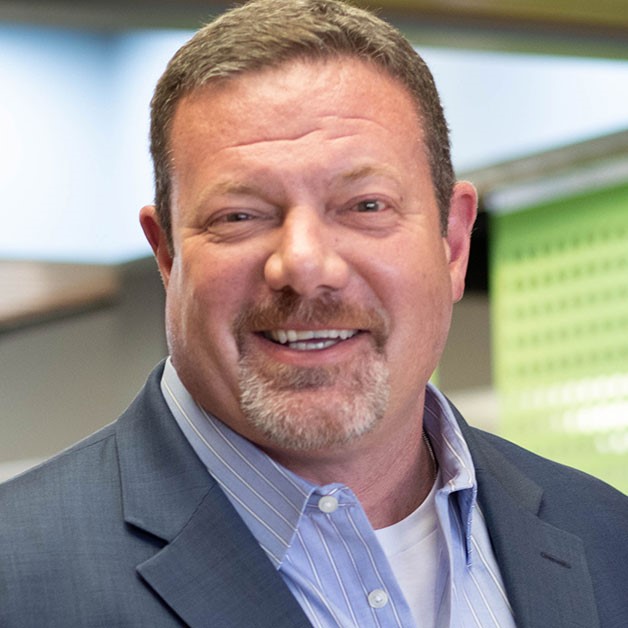
Nordic’s leadership team knew they would need a certain kind of leader to see the consulting firm through its next stage of growth. Fortunately, Jim Costanzo was just the person the former CEO was looking for when he went in search of a replacement.
"Jim has unparalleled healthcare experience and, equally as important; he shares Nordic's family values and is a down-to-earth guy. He is exactly the kind of leader our client partners, employees, and our award-winning culture need to continue Nordic's success," said Bruce Cerullo, former CEO of Nordic.
Costanzo joins Nordic Consulting from Ernst & Young, where he served as both Global Health leader and Americas Health Advisory leader. Additionally, he served with several other consulting firms, including PwC, Deloitte, and CSC Healthcare Systems. With over 30 years' experience, his work ranges from full life-cycle systems development to capacity planning, implementation, and others.
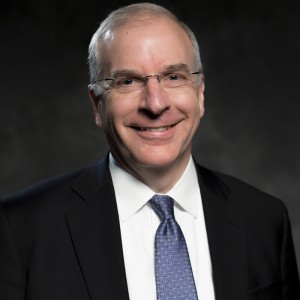
Mark Weber knows that results matter – especially as a senior leader at one of the largest, multi-billion-dollar software providers in the healthcare industry. He currently serves as SVP, Healthcare Client Success, and partners with client executives to ensure they achieve the best outcomes from the first contact to implementation and on-going support through the customer lifecycle.
He understands the strengths that his organization offers and wants to ensure his clients’ pain points are addressed by them. “One challenge hospital organizations face is better understanding their costs and aligning supply chain and workforce costs to the expenses and demand that’s defined by the electronic health record (EHR). Infor Cloverleaf bridges the divide …. giving healthcare organizations the ability to understand their costs,” Weber said in a 2016 interview.
Before joining Infor in 2014, Weber served as the Cleveland Clinic's senior IT executive for the financial and executive systems. He also held positions with IBM, Booz Allen Hamilton, and Grant Thornton, LLP. He received an MS in Science from New York University and executive education in managing healthcare delivery from Harvard Business School.
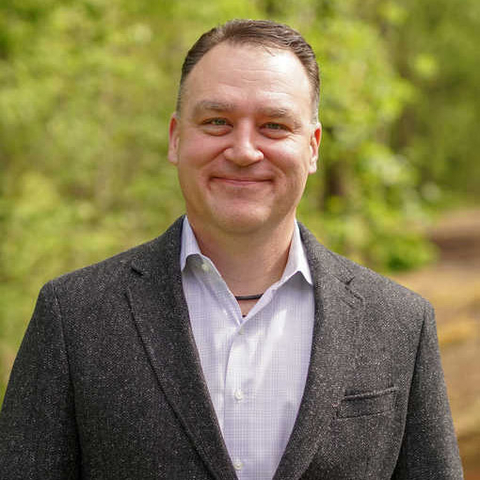
"Going forward, the word is 'focus,'" said Paul Roma, IBM's new General Manager of IBM's beleaguered Watson Health. The AI division has struggled with delivering on some of its more ambitious promises, and it's affected their bottom line. Enter Roma. He wants to get back to basics and hone in on what’s already working. Healthcare’s pain points haven’t changed all that much over the last few years, and he points out that focusing on what the firm is already doing well is an important starting point.
Roma started with IBM in August 2019 but is well on his way to refining Watson Health’s vision to a laser-like focus. Before joining Big Blue, he served as CEO of Ciox Health, a healthcare IT firm, for two years. He also spent 12 years working his way up through the ranks at Deloitte, where he finished his tenure as the firm's Analytics Market Leader. Additionally, Roma is an adjunct professor with Northwestern University and volunteer with Alliance for Freedom, Restoration, and Justice (AFRJ) and City Year.
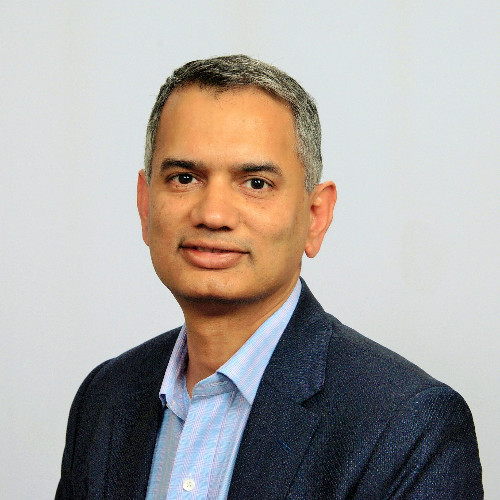
Venky Ananth started his career at Infosys as a Senior Engagement Manager in 1994. While he served in that position for 15 years, his ascent through leadership positions following that was meteoric. Now Ananth serves as SVP and Head of Healthcare for the organization, but it's hard to imagine that his rise will stop there.
In his current role, he oversees strategy, marketing, cultivation of high-caliber teams, and management of positive relationships with key senior client executives in the healthcare industry. His breadth of experience covers business, healthcare, and how IT resources can be deployed to solve critical problems at scale. Technology must be tempered by organizational need, he believes, not the other way around.
In regards to the deployment of AI, he observes that it is “important to identify the processes best suited for automation. Automating broken processes, however, can not only be inefficient but also dangerous. Processes must be rationalized, optimized, and simplified before automation.”
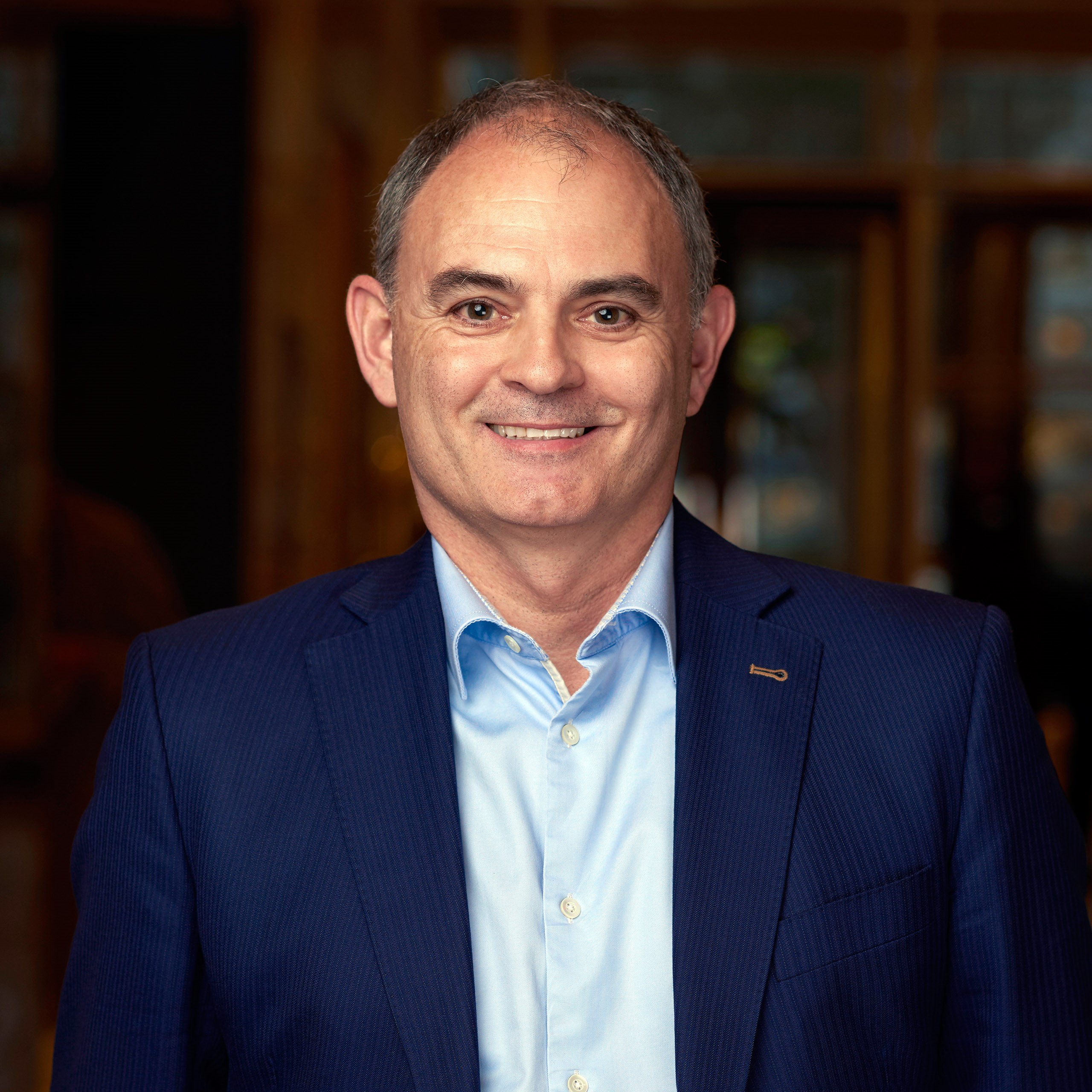
David Roberts is Ernst & Young's Global Health Leader, and he is responsible for growing his firm's health industry clientele and developing strategic direction. Before this role, he served as Ernst & Young's Oceania Lead Partner and then as Asia Pacific Health Leader. He has been with EY for nine years, first based out of Melbourne, Australia, and then dividing his time between Melbourne and London, UK.
When it comes to making a better world, Roberts is keen to embrace the challenge that healthcare and technology can bring: “Whether by default or design, citizens are taking a larger responsibility for their own health, and with this comes seismic change," Roberts said. "The purchasing power is shifting from payers and providers to people – which in turn will increase demand for more value-driven care, transparency around price, and of course, digital and mobile technologies. This is the disruptor we will welcome and facilitate over the next 3 to 5 years."
Roberts also served as Director-General of the Department of Health and Human Services for the Australian government. His portfolio included hospitals, mental health, ambulance services, child protection, children and family services, public housing, and other services. Before that, he held chief executive positions with two hospitals within the UK's National Health Trust. He received his MBA from Bath University.
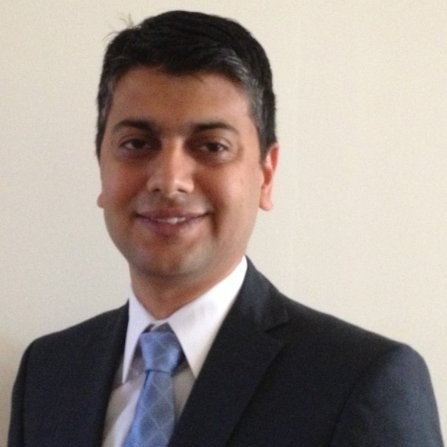
Shantanu Baruah is truly a global leader. With work experience spanning four countries, he has spent 20 years committed to making HCL the market leader that it is today. He started with the company in 2000 as a software engineer and took on positions of greater responsibility as he moved through his career.
It didn't take long for Baruah to become a leader within the organization – accepting his first supervisory role as project lead within three years of starting with HCL. From there, he rose quickly to the position of program manager, where he oversaw operations for Johnson & Johnson's transition to a shared IT platform. He took a Regional Sales Director in 2006 and shifted focus to managing the growth of HCL's customer base within the healthcare industry.
After building up more experience, Baruah now serves as the SVP, Healthcare portfolio. In this role, he is the designated Client Partner for one of HCL’s top global clients and oversees a team across US, Brussels, and Australia.
He received his Master of Computer Applications from IGNOU (Indira Gandhi National Open University) and an MBA from NYU Stern School of Business.
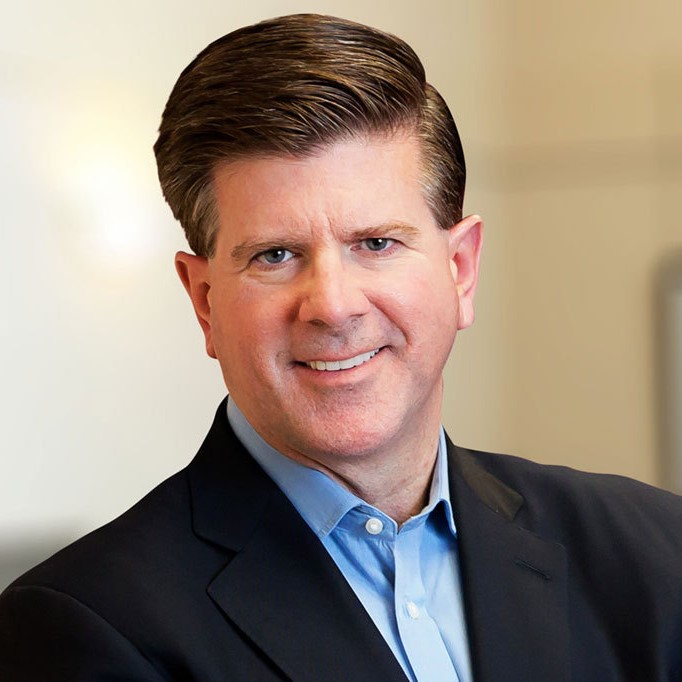
In March 2017, McKesson Technology Solutions and Change Healthcare finalized their merger formation, and Neil de Crescenzo became the first CEO of brand new Change Healthcare. It was an essential time for the newly combined company, and de Crescenzo wanted to get it right. He spent a lot of time talking with leadership, employees, clients, and other stakeholders just to get an idea of what the strengths and areas of opportunity were for his firm and determine the strategic direction for the future.
The CEO believes it’s about more than the bottom line and had this to say about his priorities. "Basically, culture trumps all. When you get involved in mergers and acquisitions, it's tempting to get caught up in the finances and regulatory approvals. All those things are incredibly important, but equally important is the focus on culture. What kind of new and exciting culture are you creating in a merger to get people excited about coming to work and serving customers at the new company?"
Prior to Change Healthcare, de Crescenzo served as Oracle’s SVP and general manager of its Global Health Sciences business. He also worked for IBM, where he spent ten years working in various leadership positions, his last role as a senior executive for its Global Healthcare Business Consulting Services.
He received a BA in political science from Yale University and an MBA from Northeastern University.
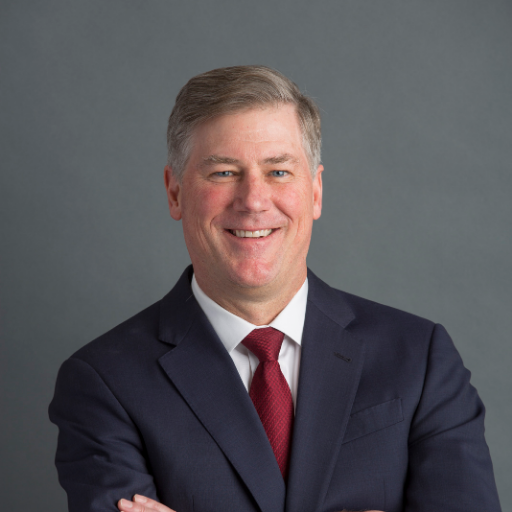
Wyatt Decker believes that the US healthcare system offers some of the best care out there, but the problem is… it's a question he often poses to audiences, and the results are often interesting. After two decades serving with the Mayo Clinic as both Chief Medical Information Officer and CEO of its Arizona clinic, Decker understands that America's medical services are unparalleled, but there are still challenges.
“Our nation’s care providers are deeply committed and among the best-trained in the world,” he said. “But I also see them in a system that is struggling. Emergency departments are, at times, the last resort for people who lack resources and access to care.”
He is currently CEO of Optum Healthcare where he oversees the delivery of care and ambulatory services for the firm. He also manages Optum's major platforms like Behavioral Health, Population Health, Complex Care, and Consumer Solutions at Optum. He is a trained emergency physician and served as a Professor in Emergency Medicine at the Mayo Clinic College of Medicine. While at the clinic, he also introduced cutting-edge technologies into practice, such as telemedicine and AI. In his current role, he is leveraging Optum's unique offerings in data, analytics, technology, and clinical expertise to drive value for patients in local care systems and consumers everywhere.
Decher holds an MD from the Mayo Clinic Alix School of Medicine and an MBA from Kellogg School of Management, Northwestern University.

Kelly Barnes is a seasoned veteran with more than 30 years’ experience with PricewaterHouseCooper (PwC). As head of Global & US Health Industries, she leads a team of consultants working in the health industry, including payer, provider, government, pharmaceutical, and life sciences.
Barnes played a crucial role in determining the firm’s strategic direction in the healthcare industry. She also spearheaded the establishment of the PwC Health Research Institute – an essential information resource for those in the medical field.
Prior to her current role, Barnes started as a PwC partner in 1988 and as the US leader for marketing and sales in 2009. She earned her bachelor's and graduate degrees in accounting from the University of Arkansas.

Kimberley Gerard has been leading the digital transformation charge at Cerner since the very start. As senior director of financial planning and analysis, she realized that spread-sheet based financial planning was no longer viable at Cerner. People spent too much time collecting data from disparate sources, and there was no place that people could work collaboratively on a project.
After reading about cloud-based platforms, she was attracted to the convenience, usability, and scalability they offered. They transitioned to a cloud option not long after and had much to say about the experience. “Number one, it has reduced the time required for users to provide their plan inputs,” she said. "Number two, it has improved accuracy. When you're working in Excel, it's easy to make mistakes, and there are no controls over it. Number three, it’s allowing us to do faster analysis since all the additions and changes are stored as discrete data elements within a larger database.”
Cerner was impressed with the results, and she now serves as SVP and Chief Transformation Officer. In that role, she leads initiatives focused on operating efficiencies, simplification, and ensuring that Cerner is ready for the future. She is passionate about improving processes, financial systems, and other data-sourced strategic planning.
Before starting with Cerner, she served as Controller for Bellsouth, as a Senior Accountant at FastWeb, and as an Accountant with the Florida Department of Education. She graduated with a BS in Accounting in 1997.
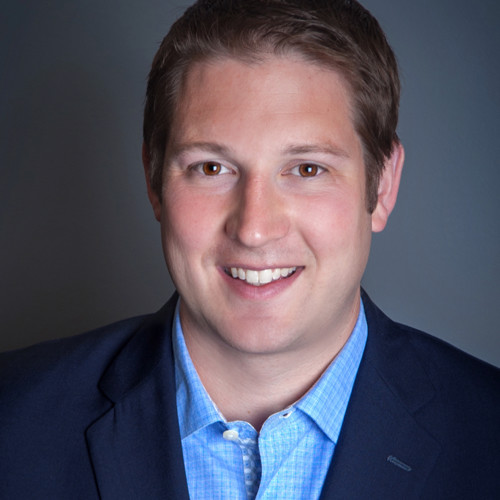
The average term for CEOs is between 5 to 9 years but Richard Caplin has beat the odds. As the Chief Executive Officer of the HCi Group, he has led one of the largest international health IT consulting firms for the last eleven years. He founded the company with his brother-in-law in 2009 and grew the company into one of the largest and fastest growing health-tech companies before it was bought by Tech Mahindra in 2017. The firm still operates independently but can draw upon the resources of its parent company for expertise and support with new initatives.
Caplin is passionate about his work, his clients, and what comes next: “I’m really excited about being a global leader in healthcare technology consulting and knowing a lot of these healthcare IT leaders around the globe, to be a platform and a catalyst for that,” Caplin said. “We may not come up with all the best ideas ourselves, but oftentimes our clients and partners will. Being that platform for a lot them to speak, we’re sitting in an exciting and unique place.”
Prior to his founding HCi, Caplin started as a Partner with Ocenture and AE Engineering. He also serves as Chairman for Providence Technology Solutions and as an Associate with KPMG. He graduated from the University of Florida with undergraduate and graduate degrees in Accounting.
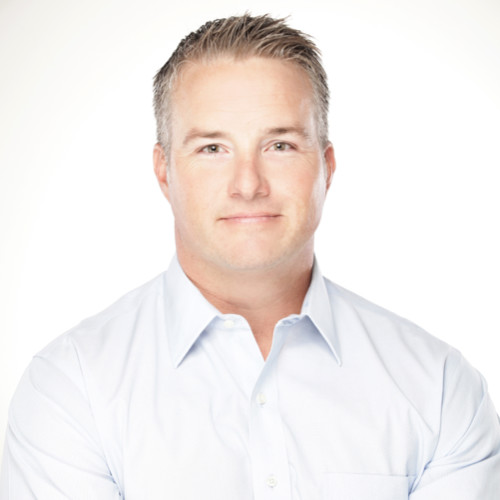
Known for both his business acumen and tech-savvy, Brent MacLean is Conduent's President and Global Head of Commercial Healthcare. He oversees end-to-end service delivery in healthcare and focuses on achieving better outcomes – including provider, payer, pharma & life sciences, and medical claims management solutions. MacLean has developed a reputation as an inspirational leader who has built success through sound strategy, focus on results, and industry expertise.
Before his work with Conduent, MacLean held an SVP Insurance Sales and Marketing position with Xerox with a brief stint as VP at Dane Street before returning to Xerox as COO/SVP of Workers’ Compensation Services. He also worked at Broadspire and TechHealth after serving as a Logistics Readiness Officer with the United States Air Force. He graduated from the University of Oklahoma with a Master of Human Relations in 2004 and a Bachelor's Degree in Business Administration and Management.
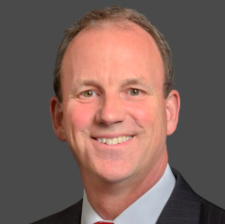
After leading his company’s expansion into the $2 billion health IT sector, Jonathan Scholl will be stepping down from his position at the end of the month as Health Group President “to pursue community and religious services." During his tenure, however, Scholl made big things happen for IT provider – including the Leidos Partnership for Defense Health. In 2019, the firm deployed MHS Genesis, an EHR solution, and onboarded 18 million service members, veterans, and their families onto their platform. He also led the launch of QTC Mobile Clinics – an initiative that logged more than 100,000 miles to reach out to veterans in need of medical assistance that live in rural areas.
Before Leidos, Scholl served as Chief Strategy Officer with Texas Health Resources and led strategy, business development, marketing, and operations for physician joint-ventures. He also served as partner and Managing Director with the Boston Consulting Group, where he worked on projects spanning several industries. He graduated with an MBA from Harvard University.
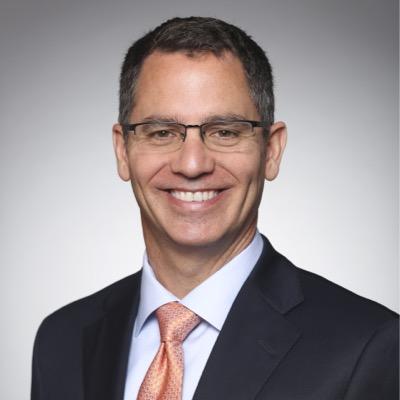
As it turns out, Joe Eazor’s tenure as CEO and President of Conifer Health Solutions is just about as new as the company he now leads. In July 2019, Tenet Healthcare announced their intent to spinoff Conifer as an independent, publicly-traded company, and in January 2020, they announced that Eazor would step into the senior leadership role.
“After a comprehensive search, we are pleased to welcome Joe to Conifer,” said Ron Rittenmeyer. Executive Chairman and CEO of Tenet Health. “He is a proven leader with a deep background in customer engagement and business transformation.”
Rittenmeyer wanted someone with tech industry experience who could lead a publicly-traded company. Someone who could guide Conifer as it grows into a standalone company with a healthcare delivery platform deployed across the nation in hospital and outpatient centers. The health-tech firm should be completely separate from its parent company by the second quarter of 2021.
As for Eazor, he most recently served as EVP and Chief Customer Officer with Oracle, where he led the development and execution of customer engagement programs. He also served as CEO of Rackspace and as CEO of EarthLink. Eazor held other leadership positions with EMC, HP, and Electronic Data Systems (EDS). He graduated from the University of Chicago Booth School with an MBA.
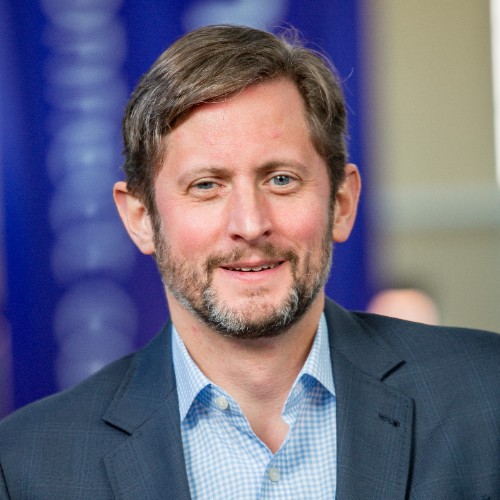
Athenahealth has a new SVP of Technology Enabled Services, and his name is Jonathan McDevitt. He joined the firm a little over seven years ago as a VP of Operations, but he was promoted to Senior Vice President role in September 2019. In this role, he is responsible for revenue cycle operations, clinical document management services, and patient communication operations.
About his company’s ongoing commitment to customer relationships, he understands it's a changing landscape. "We're doing more things for our customers than we were ten years ago," he said. The tools they used were complicated and inefficient and between a growing service portfolio, shifts in the healthcare industry, and an expanding customer base – it was too much to manage.
“There was no way to support the complexities of our business well and to create and simplify pathways that would help navigate that complexity,” he added. He brought a new CRM online that helped his division manage this and increased transactional customer satisfaction from 85 percent to 95 percent.
Prior to athenahealth, McDevitt served as NotifyMD’s Chief Technology Officer and EVP from 2002 to 2008 and as Chief Executive Officer from 2008 to 2012. Jon received a BA from the University of North Carolina and an MBA from Vanderbilt University.
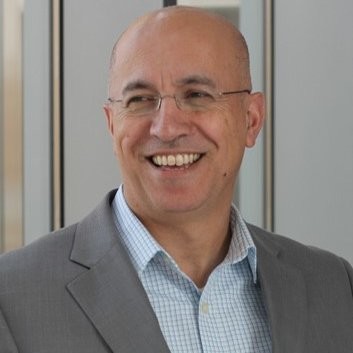
As Softheon’s founder and Chief Executive Officer, Eugune Sayan has been the driving force behind helping clients streamline the process of delivering insurance within the healthcare system. Over the past 25 years, he has dedicated himself to developing and deploying innovative solutions that are adopted by customers in the payer, provider, and governmental sectors. Some of his biggest clients include the Massachusetts Connector and the first fully operational State Health Benefits Exchange.
Before founding his tech firm, he served as the Chief Executive Officer for Quantum Research and Development. While in this position, he guided the firm as it deployed imaging, document management, and workflow solution to his Fortune 1000 client companies. He also sits on several Boards of Directors/Advisors, including LISTnet, Center for Excellence in Wireless & Information Technology, Stoney Brook University, Center of Dynamic Data Analytics. Sayan earned an MS in Computer Science in 1991 from the New York Institute of Technology-Old Westbury.
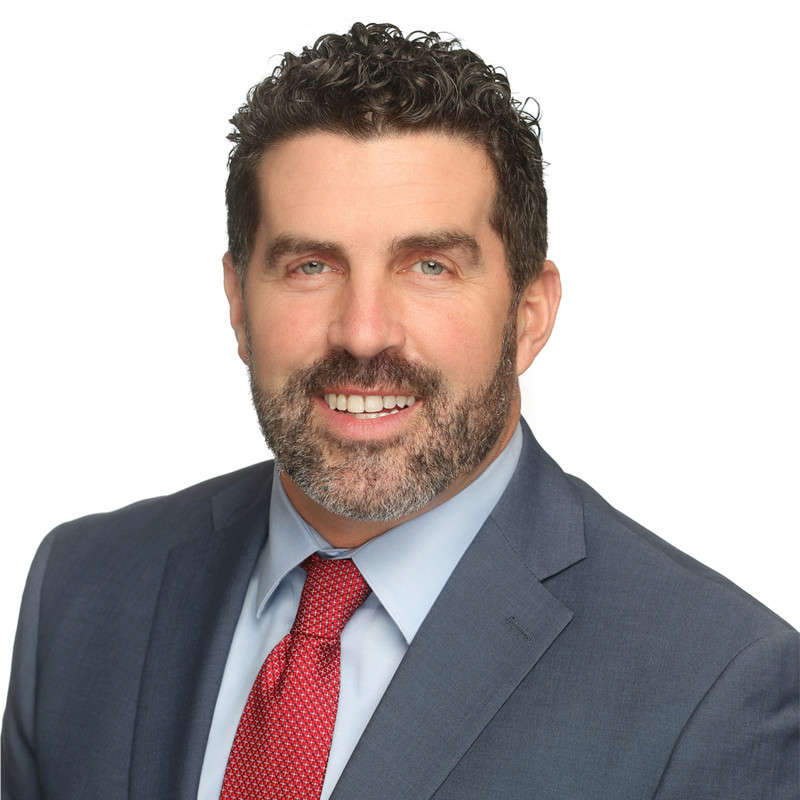
Geoffrey Martin might be new to the role of Global CEO of GE Healthcare, but he has 15+ years' experience within General Electric's healthcare space. He started as a member of the firm's Healthcare Partners Global Senior Leadership team in 2005, where he supported efforts that made his unit into a market leader in enterprise solutions partnerships. From there, he was promoted to EVP of Healthcare Camden Group in 2015 and rose quickly through the ranks to become Chief Executive Officer in June 2019.
In a 2016 GE blog post, Martin urged healthcare systems to think beyond expansion as a solution to their demand problems. “The hospital is not going away any time soon. To thrive in today’s environment, health systems must align operations with this new reality and be judicious in expansion plans, as well as managing access to the costly but vital services that are provided,” he said.
"The days of finding big opportunity in localized optimization are limited; much of the low-hanging fruit is gone. Healthcare executives must shift their focus to the whole – the whole hospital, the whole health system, and the whole continuum of care – for big wins," he added.
Before his work with GE, Martin spent six years as a Management Consultant with Clarkston Consulting, where he provided advisory services to those in the life sciences and consumer products industries. He graduated with an MBA from DePaul University in 2007 and a BS in computer science in 1998 from Michigan State University.

Lisa Khorey is Allscripts EVP and Chief Client Delivery Officer. In these roles, she guides the delivery of the firm's solutions to clients – including professional services, managed services, support, and hosting. She recognizes the emerging trends that are affecting healthcare and supports Allscript's efforts to stay abreast of these market shifts in her role.
Khorey recently attended the Becker’s Hospital Review 4th Annual IT + Revenue Cycle Conference and wrote about her experiences in an Allscripts blog article. "Nearly two-thirds (64%) of participants selected consumerism as the most significant disruptor, ahead of value-based care, the rise of retail clinics, telehealth, government-mandated quality reporting, and mergers," she said.
Consequently, she said, there has been an increase in patient financial responsibility which has led to more high-deductible insurance plans and a significant burden regarding patient receivables. Patient access to health care remains an ongoing challenge with Allscripts doing their piece to level the playing field.
Before joining Allscripts, Khorey held positions with UPMC (University of Pittsburgh Medical Center) over 17 years, and as Executive Director, Healthcare Advisory, with Ernst & Young. She graduated with an MBA from Duquesne University.
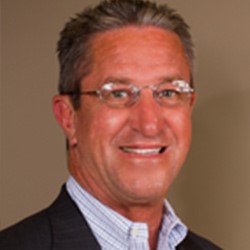
Bill Willett brings four decades of experience to his position as CEO and president of Reliable IT. While the firm offers various services, the healthcare division provides managed services that support medical practitioners while they focus on what’s important – their patients. He joined Reliable over ten years ago as Vice President within the Managed Technology Partners portfolio before being promoted to VP of Channel Operations in 2010.
He also worked with CBE Technologies, where he came up through the ranks to become a Vice President before leaving to join Reliable IT. He also worked with Data General and EMC after graduating from Newbury College with an Associate's Degree in Computer Science and Business Management.
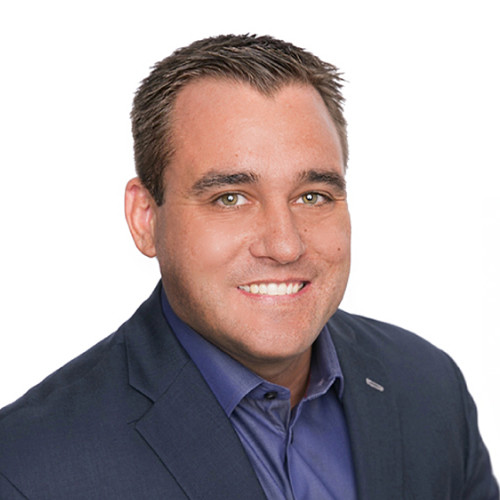
Optimum Healthcare IT’s CEO Jason Jarrett is leading his company with the benefit of 8 years in the healthcare space and strong relationships with several healthcare systems across the country. In his role as the chief executive, he oversees business development initiatives championed by his firm. He joined the firm as EVP of Sales in 2012 and became President in 2016.
Before coming onboard with Optimum, Jarrett spearheaded a new Healthcare IT division at the Holland Square Group. During that time, he served as Principal and led the firm’s sales and recruitment initiatives. Jarrett also worked as the Regional Vice President for CSI Tech, a large IT consulting firm, where he was responsible for sales, recruitment, and consulting services of its Nashville operation.
Jarrett attended both Florida State College at Jacksonville and the University of North Florida.



